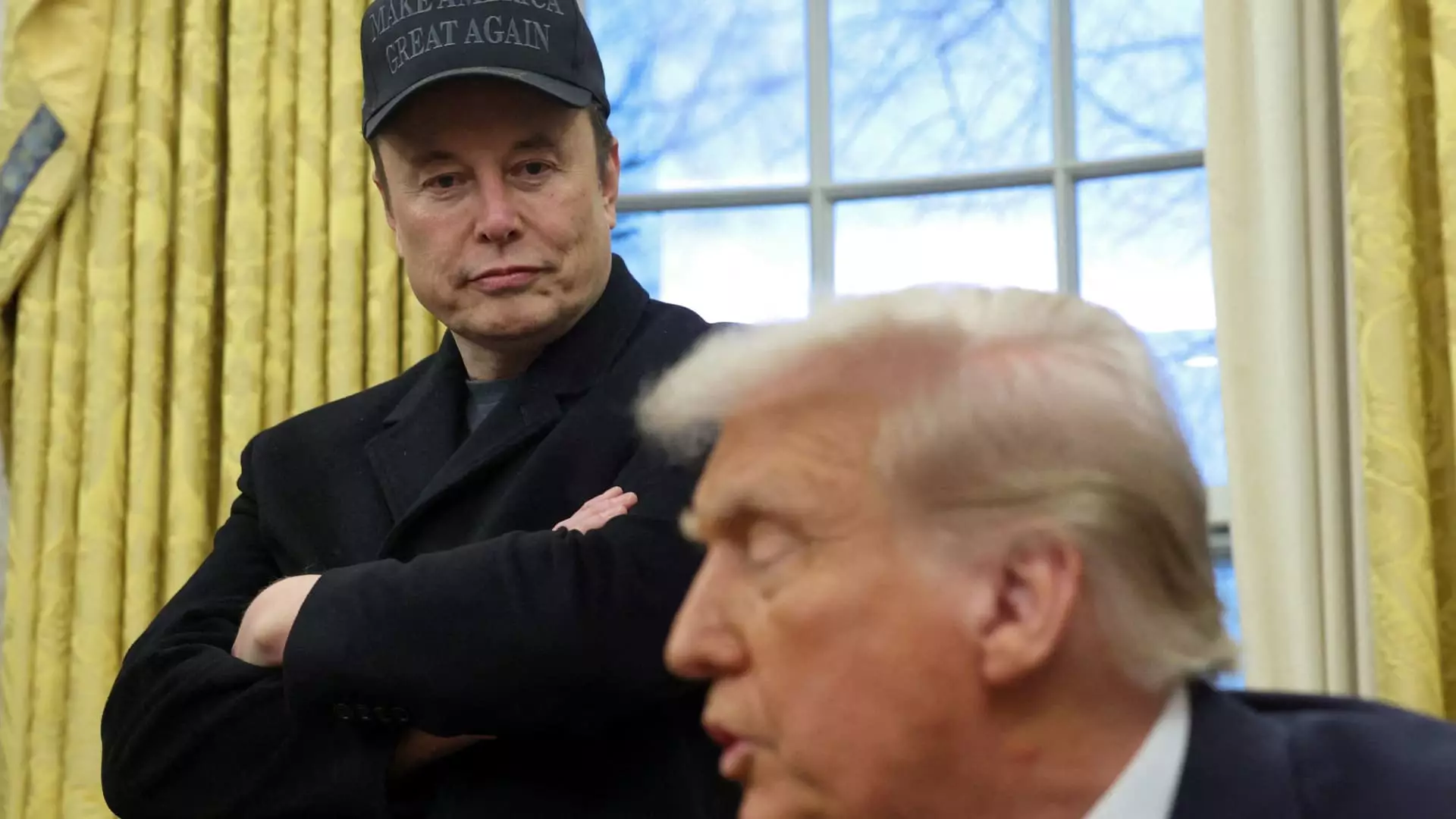The recent legal action taken by Trump Media and the conservative media platform Rumble illuminates the complex intersections of free speech, international law, and digital platforms. As the lawsuit unfolds, it raises crucial questions about the jurisdiction of nations over online content and the limits of free expression in a globalized digital landscape.
At the heart of the lawsuit is Justice Alexandre de Moraes of Brazil’s Supreme Court, who previously engaged in a contentious dispute with Elon Musk. The fallout from this dispute involved the suspension of Musk’s social media platform, X, in Brazil, following his refusal to remove certain user accounts and comply with content removal orders. This legal clash highlights a unique dynamic wherein a foreign jurisdiction exercises power that results in a potential infringement on U.S. companies and their operations abroad.
In their complaint, Trump Media and Rumble allege that Justice Moraes has overstepped his bounds by attempting to silence a politically vocal user on Rumble, indicating that these actions are likely meant to stifle dissent. The accusation seeks to emphasize the idea that such judicial overreach threatens fundamental principles surrounding free expression not just in Brazil but also in the United States.
The lawsuit’s assertion that imposing restrictions on Rumble’s users breaches First Amendment rights invites scrutiny regarding the balance between local laws and U.S. freedoms. The companies argue that the Gag Orders issued by Justice Moraes cannot override the freedoms codified by the U.S. Constitution. This perspective raises a pivotal question: can foreign legal directives influence the operations of U.S.-based firms in a manner that undermines American principles of free speech?
The ramifications of this case extend beyond just Trump Media and Rumble. Should the court rule in favor of Moraes’s actions, it may set a concerning precedent for similar cases involving international requests for content moderation. This could lead to a situation where foreign governments possess significant power over American digital platforms, thus infringing on users’ rights to free expression.
The lawsuit arrives amid broader political developments within Brazil, particularly surrounding former President Jair Bolsonaro, who is currently facing serious accusations of an attempted coup. Bolsonaro historically aligned himself with Trump, which adds a layer of political context to the dispute. Notably, Bolsonaro’s recent invitation to Donald Trump’s inauguration only underscores the interplay between American and Brazilian political arenas.
Additionally, Trump Media’s CEO Devin Nunes has reiterated the company’s commitment to free speech, framing it as integral to the company’s mission. However, one cannot ignore the potential partisan motivations behind this lawsuit, especially as it may aim to rally support from those who favor conservative platforms that espouse controversial viewpoints.
The financial components of the lawsuit are also noteworthy. According to disclosures, Trump Media has incurred significant legal expenses, partially attributed to its prolonged merger process. The company reports that a substantial portion of its operating cash flow has gone towards legal challenges, exemplifying the potential costs of litigation in pursuit of corporate objectives. Such financial burdens could hinder the growth and operational viability of the firm, especially if persistent legal battles detract from its core business strategy.
Moreover, the involvement of high-profile figures like Musk, whose companies face scrutiny internationally, highlights the intricate network of interests that reflects the political and economic stakes of these entities. Musk’s dual roles as a technology and business mogul entangle the case with broader implications concerning digital rights and corporate governance in the tech sector.
As the case against Justice Moraes unfolds in the U.S. court system, it encapsulates a multitude of legal and ethical dilemmas that permeate today’s digital age. The intersection of international law and free speech principles creates uncharted territory for both tech companies and their users. The outcome of this case could reverberate far beyond the immediate parties involved, serving as a litmus test for how free expression is navigated in an increasingly interconnected world. This scenario also underscores the need for a robust dialogue about the responsibilities of digital platforms and the protections they must afford their users in the face of external pressures.


Leave a Reply